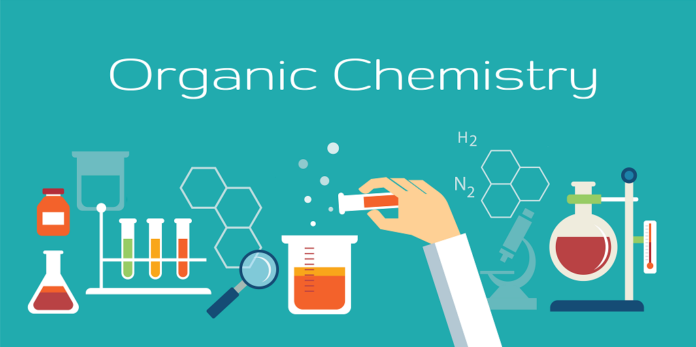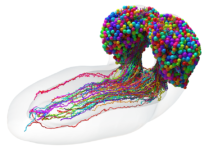The fields of biochemistry and organic chemistry are intricately linked, with both disciplines seeking to comprehend the chemical processes that transpire within living organisms. Biochemistry primarily concentrates on the chemical reactions that transpire within biological systems, while organic chemistry aims to explore the properties and behavior of organic molecules, which are compounds that contain carbon atoms.
In recent years, new discoveries in these fields have paved the way for exciting new avenues of research, ranging from the development of novel drugs to the creation of innovative materials and technologies. In this article, we will delve into some of the latest breakthroughs in biochemistry and organic chemistry, and discuss their possible implications for the future of science and medicine.
CRISPR-Cas9 Gene Editing
CRISPR-Cas9 is a revolutionary gene editing technology that has transformed the field of molecular biology. It has opened up the possibility of making precise cuts in DNA, thereby making it feasible to add, delete, or modify genes with unparalleled accuracy. This innovative technology could be a game-changer in the field of medicine, enabling scientists to develop new treatments for genetic disorders such as cystic fibrosis, sickle cell anemia, and Huntington’s disease.
RNA Editing
While CRISPR-Cas9 has garnered significant attention for its potential to modify DNA, scientists are also exploring the potential of RNA editing. RNA is a molecule that plays a critical role in gene expression, and the ability to modify RNA sequences could have significant implications for the treatment of diseases such as cancer and genetic disorders.
Chemical Biology
Chemical biology is an interdisciplinary field that seeks to bridge the gap between chemistry and biology, exploring the chemical processes that transpire within biological systems. This field is of particular importance for the development of new drugs, as it enables scientists to better comprehend the molecular mechanisms underlying disease.
Artificial Photosynthesis
Photosynthesis is the process by which plants convert sunlight into energy, and scientists are now exploring ways to replicate this process in the laboratory. Artificial photosynthesis could potentially revolutionize the way we produce energy, offering a clean and sustainable alternative to fossil fuels.
Bioplastics
Bioplastics are a novel class of materials that are derived from renewable resources such as corn or sugarcane. These materials offer a more sustainable alternative to traditional plastics, which are derived from non-renewable resources and can take hundreds of years to decompose.
Enzyme Engineering
Enzymes are biological catalysts that play a critical role in many chemical processes, from digestion to DNA replication. Scientists are now exploring ways to engineer enzymes, thereby making it possible to develop new enzymes that are more efficient and effective at carrying out specific reactions.
Proteomics
Proteomics is the study of the structure and function of proteins, which are molecules that perform many of the critical functions within living organisms. This field is of particular importance for the development of new drugs, as it enables scientists to better comprehend the molecular mechanisms underlying disease.
Metabolomics
Metabolomics is the study of the chemical processes that transpire within living organisms, with a focus on the metabolites – the small molecules that are produced as a result of metabolism. This field is of particular importance for the development of new drugs, as it enables scientists to better comprehend the biochemical pathways that are involved in disease.
Synthetic Biology
Synthetic biology is a field that seeks to design and build new biological systems, often using engineering principles. This field has the potential to revolutionize medicine, offering new ways to create synthetic tissues and organs, and to develop new treatments for diseases such as cancer and diabetes.
Green Chemistry
Green chemistry is a field that seeks to design chemical processes that are environmentally sustainable, using renewable resources and minimizing waste and pollution. This field has the potential to transform the chemical industry, offering new ways to produce chemicals and materials that are both cost-effective and environmentally friendly.
In conclusion, biochemistry and organic chemistry are two fields that continue to make exciting discoveries and innovations. From gene editing to artificial photosynthesis, the applications of these discoveries are far-reaching and have the potential to change the world in significant ways. The potential of these fields to revolutionize medicine, energy production, and materials science is enormous, and ongoing research promises to unlock new insights and possibilities in the years to come. As we continue to uncover the mysteries of life at the molecular level, the potential for new discoveries and innovations in biochemistry and organic chemistry is truly limitless.
Google News | Telegram
















